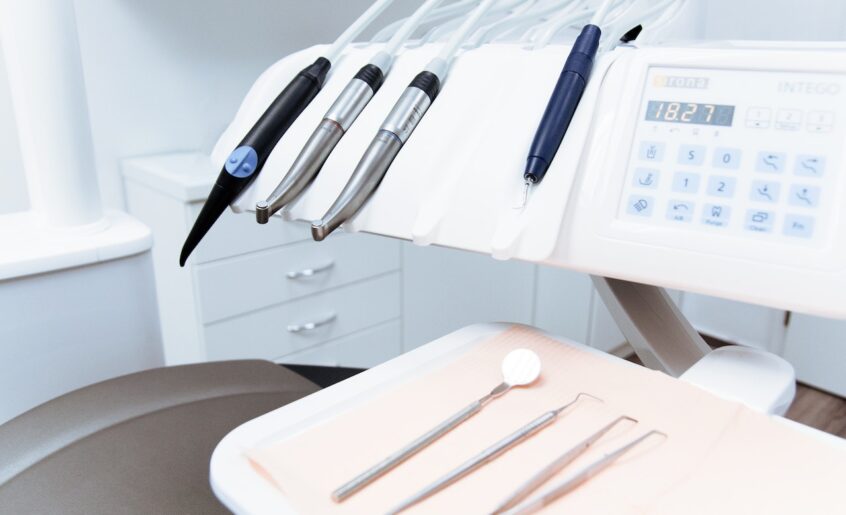The integration of technology into healthcare has dramatically transformed the landscape of medical care. Through innovative tools and applications, technology has made healthcare more efficient, accessible, and personalized. This article delves into the pivotal role technology plays in medical care and how it is revolutionizing patient outcomes.
The most crucial role technology plays in healthcare is patient care. Healthcare providers are increasingly relying on digital systems to facilitate accurate and quicker diagnoses. Systems such as computerized physician order entry, telemedicine, and artificial intelligence are being used to streamline the workflow of healthcare providers. These tools help healthcare providers rapidly evaluate patients’ data, communicate effectively with other healthcare providers, and reduce errors associated with manual documentation. Additionally, the use of mobile healthcare applications has enabled patients to monitor their own health, order prescriptions online, and access healthcare-related information with ease.
Enhancing Diagnostic Accuracy and Treatment Plans
One of the most critical contributions of technology to medical care is the enhancement of diagnostic accuracy.
- Medical Imaging
Advanced medical imaging technologies like MRI, CT scans, and 3D-ultrasound have provided clinicians with unprecedented insights into the human body. These technologies enable detailed visualization of internal structures, which aids in the accurate diagnosis of conditions and the development of effective treatment plans.
- Artificial Intelligence
AI algorithms can analyze massive datasets faster and often more accurately than humans. AI in diagnostics, for example, can identify patterns in images or patient data, assisting doctors in making more accurate diagnoses.
- Personalized Medicine
Technology has facilitated the growth of personalized medicine. Genetic testing and data analysis allow for treatments tailored to an individual’s genetic makeup, improving the efficacy and reducing side effects.
Streamlining Patient Records and Data Management
Efficient data management is essential for optimizing patient care.
- Electronic Health Records (EHRs)
EHRs have replaced paper records. They streamline the documentation, storage, and retrieval of patient data. EHRs improve the continuity of care, as health information is easily accessible to all professionals involved in a patient’s care.
- Telemedicine
Technology has enabled the remote delivery of healthcare through telemedicine. Patients can now receive medical consultations and follow-up care via video conferencing, which is particularly valuable for those with limited access to healthcare facilities.
- Mobile Health (mHealth)
Smartphone apps and wearable devices monitor various health parameters in real-time. This data can be integrated into EHRs, providing healthcare professionals with a more comprehensive view of a patient’s health.
Improving Surgical Procedures and Patient Safety
Technology has played an integral role in the evolution of surgical procedures.
1. Minimally Invasive Surgery
Technological advancements have made surgeries less invasive. Laparoscopic procedures, for example, require smaller incisions, which reduces recovery times and minimizes the risk of infection.
2. Robotic Surgery
Robotic systems, such as the da Vinci Surgical System, provide surgeons with enhanced capabilities, including high-definition 3D vision and a magnified view. The robots’ mechanical arms are incredibly precise, reducing the risks associated with human error.
Empowering Patients in Their Healthcare
Technology empowers patients to be active participants in their healthcare.
1. Health Information Online
The internet has made it easier for patients to research their conditions and medications. Although it’s important to ensure the information is from a credible source, this can facilitate more informed discussions with healthcare providers.
2. Remote Monitoring Tools
Devices like glucose monitors and heart rate sensors allow patients to keep track of their health metrics from home. They can share this data with their healthcare providers for more proactive management of their health.
Addressing Challenges and The Future of Technology in Healthcare
While technology offers immense benefits, it is not without challenges.
1. Data Privacy
With the increased use of EHRs and telemedicine, protecting patient data is critical. Robust cybersecurity measures are essential to prevent data breaches.
2. Cost and Accessibility
Cutting-edge technology can be expensive, and not all patients can afford or access it. Addressing these disparities is crucial for equitable healthcare.
3. Continuous Adaptation
The rapid pace of technological advancement means that healthcare professionals must continuously update their skills.
In conclusion, technology is an invaluable ally in medical care. It has streamlined processes, improved diagnostic accuracy, and empowered patients. As technology continues to evolve, it holds the promise of further revolutionary changes in healthcare. However, it is essential to address the associated challenges and ensure that the benefits of technology are accessible to all.
